Lamiel - Zekuu
Lamiel's final work underscores their successful career with some of their greatest songs.
![HYDE [INSIDE] LIVE 2024 -EXTRA- at Makuhari Messe](https://www.jame-world.com/media/image/2024-11/_16-9_14951.jpg)

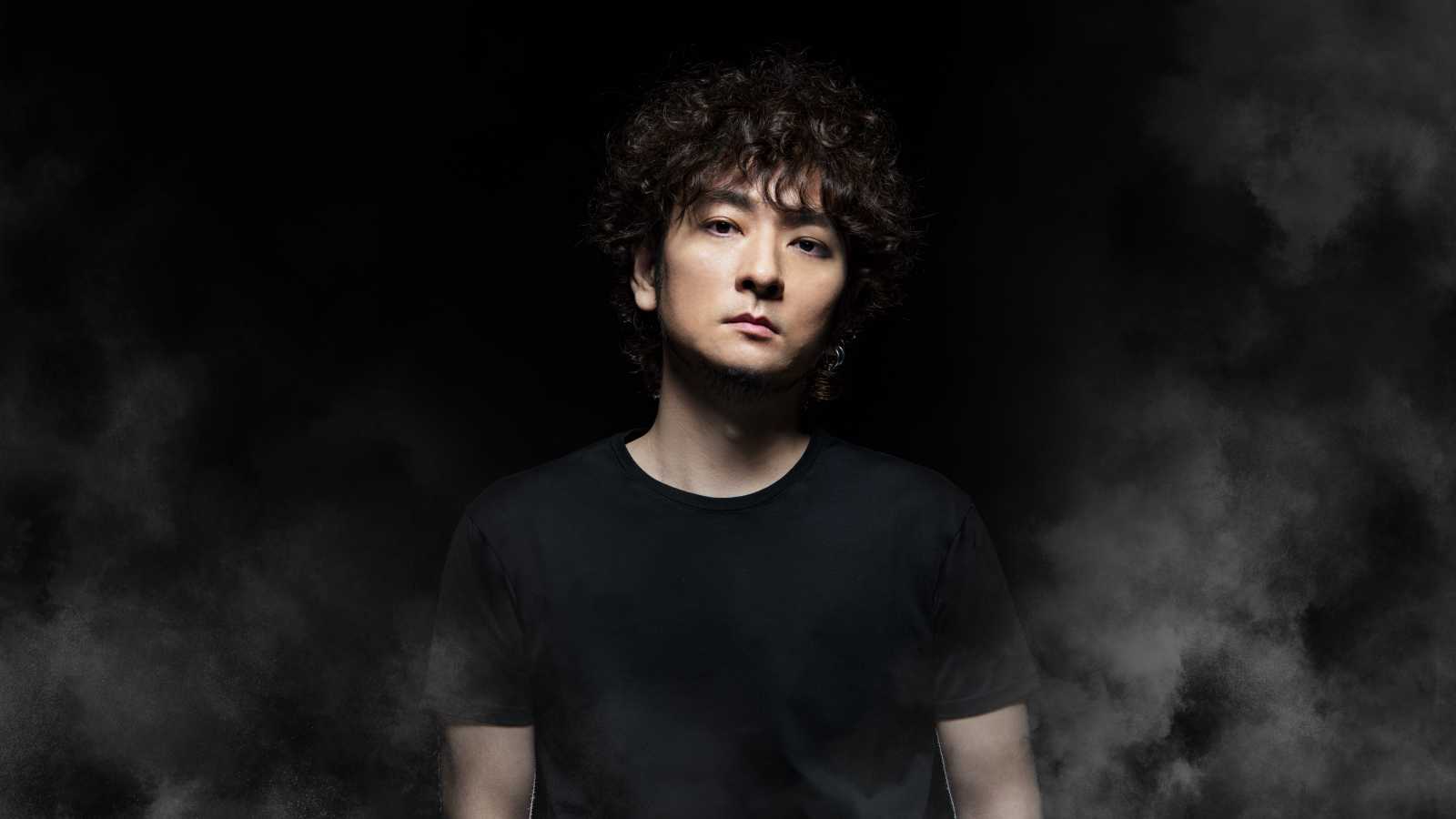


Live Report
the studs ended their Tour'08 creepy crawly with an eventful oneman at Shibuya O-EAST.
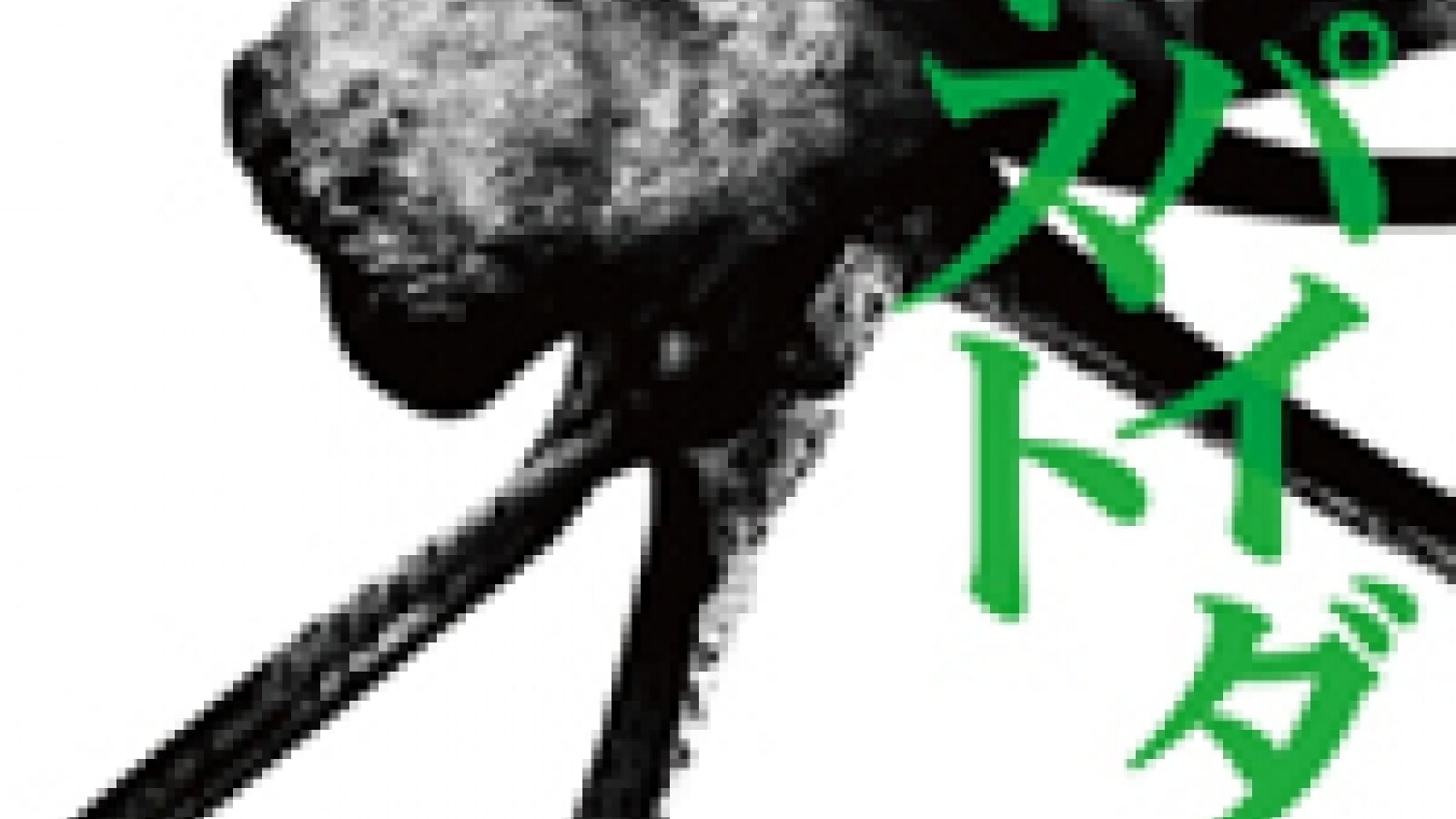
Review
the studs shine with the release of Spider Nest/Yami Nochi Ame.

Review
the studs' final of their triple release campaign proves that the third time is a charm.

Live Report
lynch.'s oneman tour 08 "THE DIFFUSING IDEAL" kicks off with a powerful live at LIQUIDROOM.
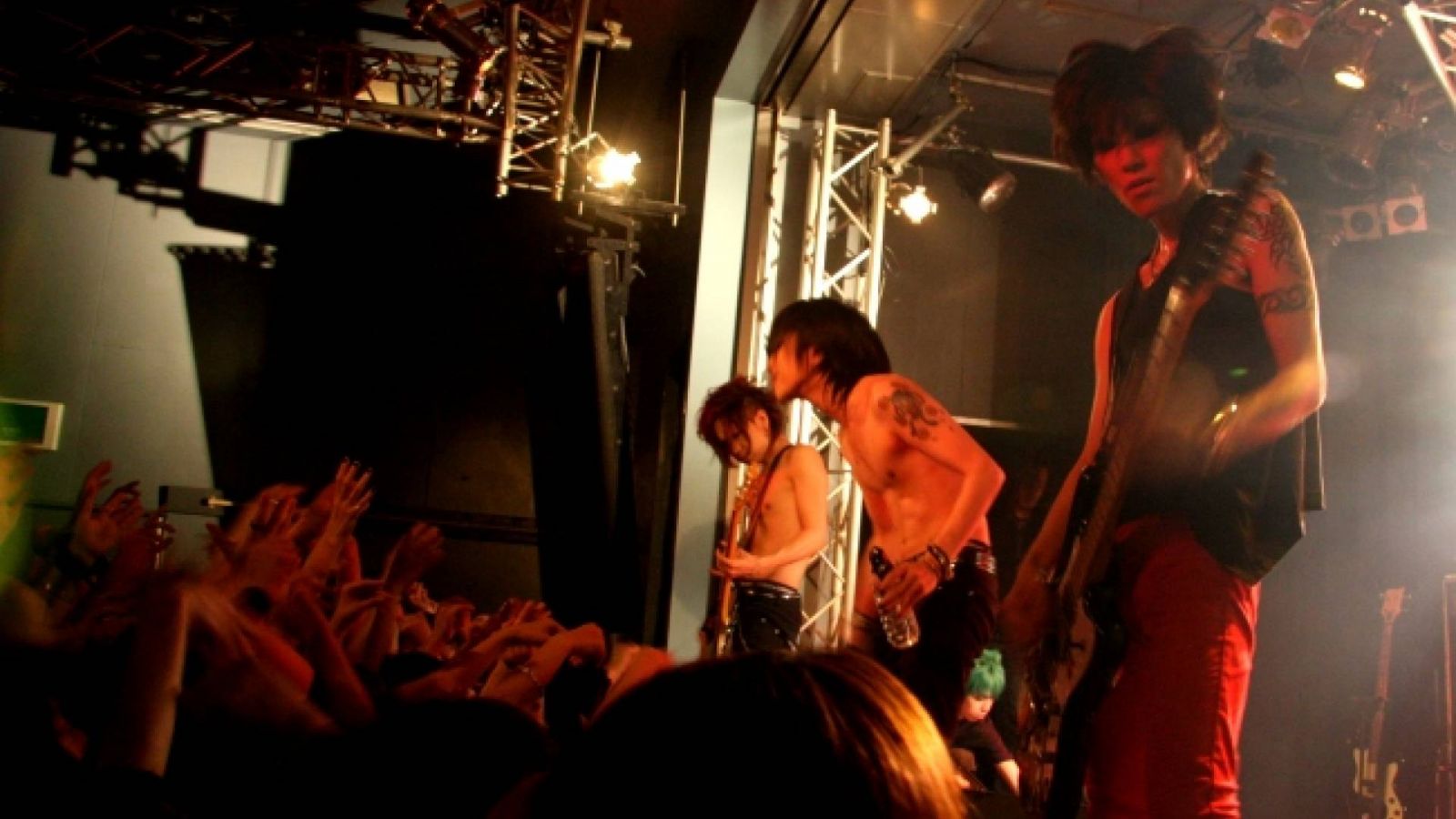
Live Report
A report of one of the first lives in the studs' Tour'08 creepy crawly at Thundersnake Atsugi.
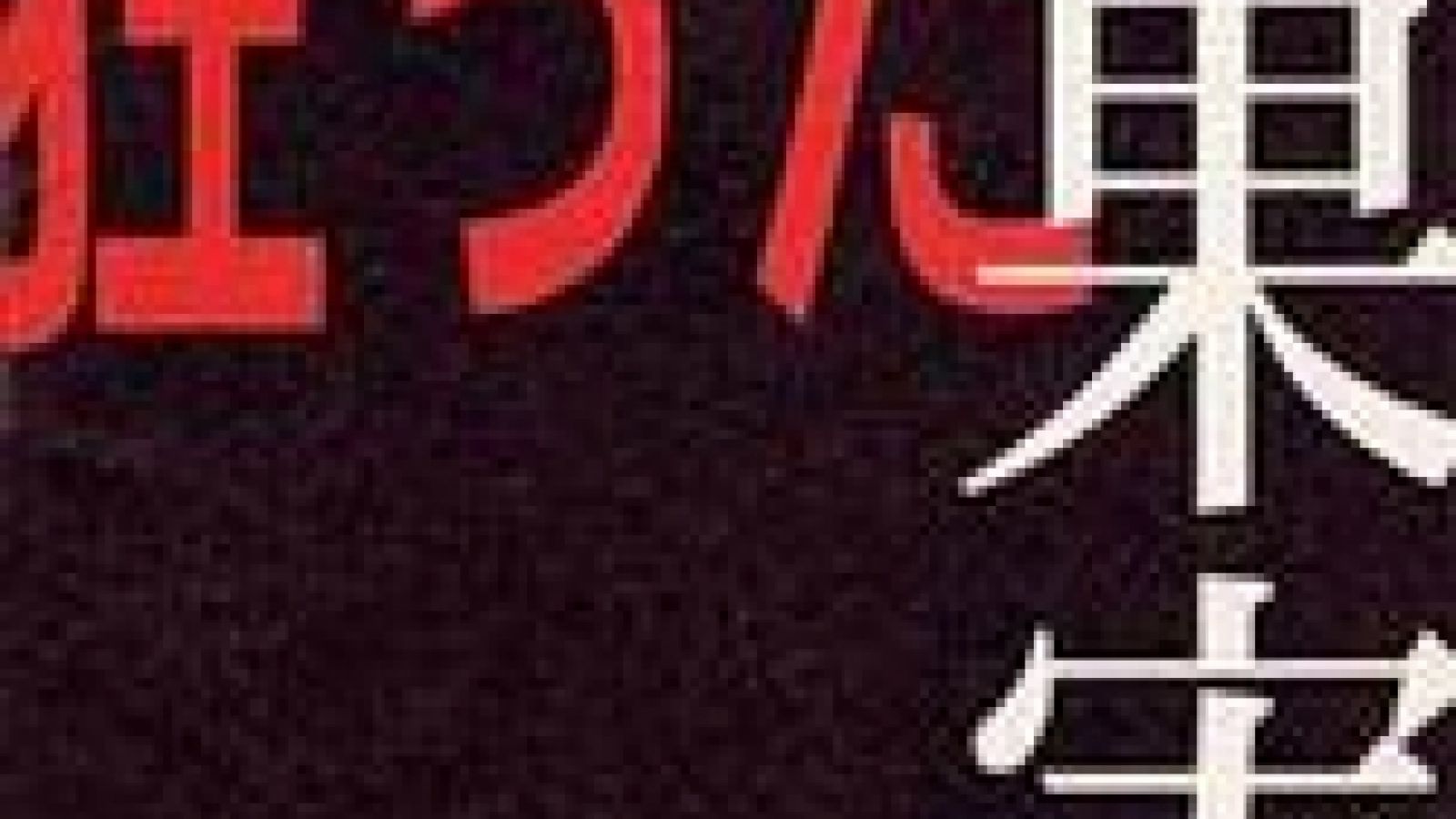
Review
blast's double release kurutta kajitsu is packed with great old school visual rock.

Review
A surprising addition turns the studs' mediocre mail order single into a masterpiece.

Review
Lamiel's final work underscores their successful career with some of their greatest songs.
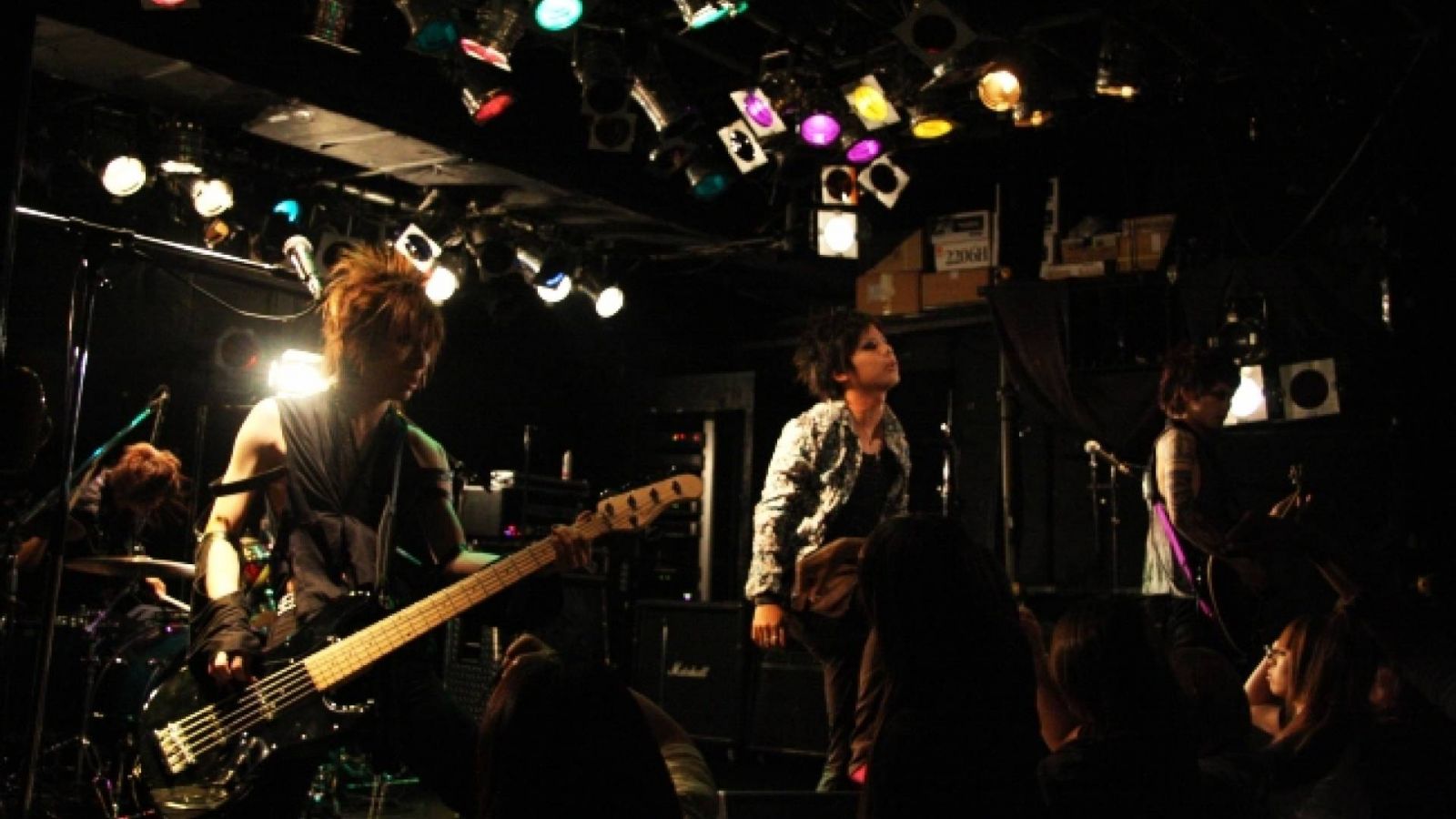
Live Report
The young Nagoya band EAT YOU ALIVE came to impress the capital with their powerful show.
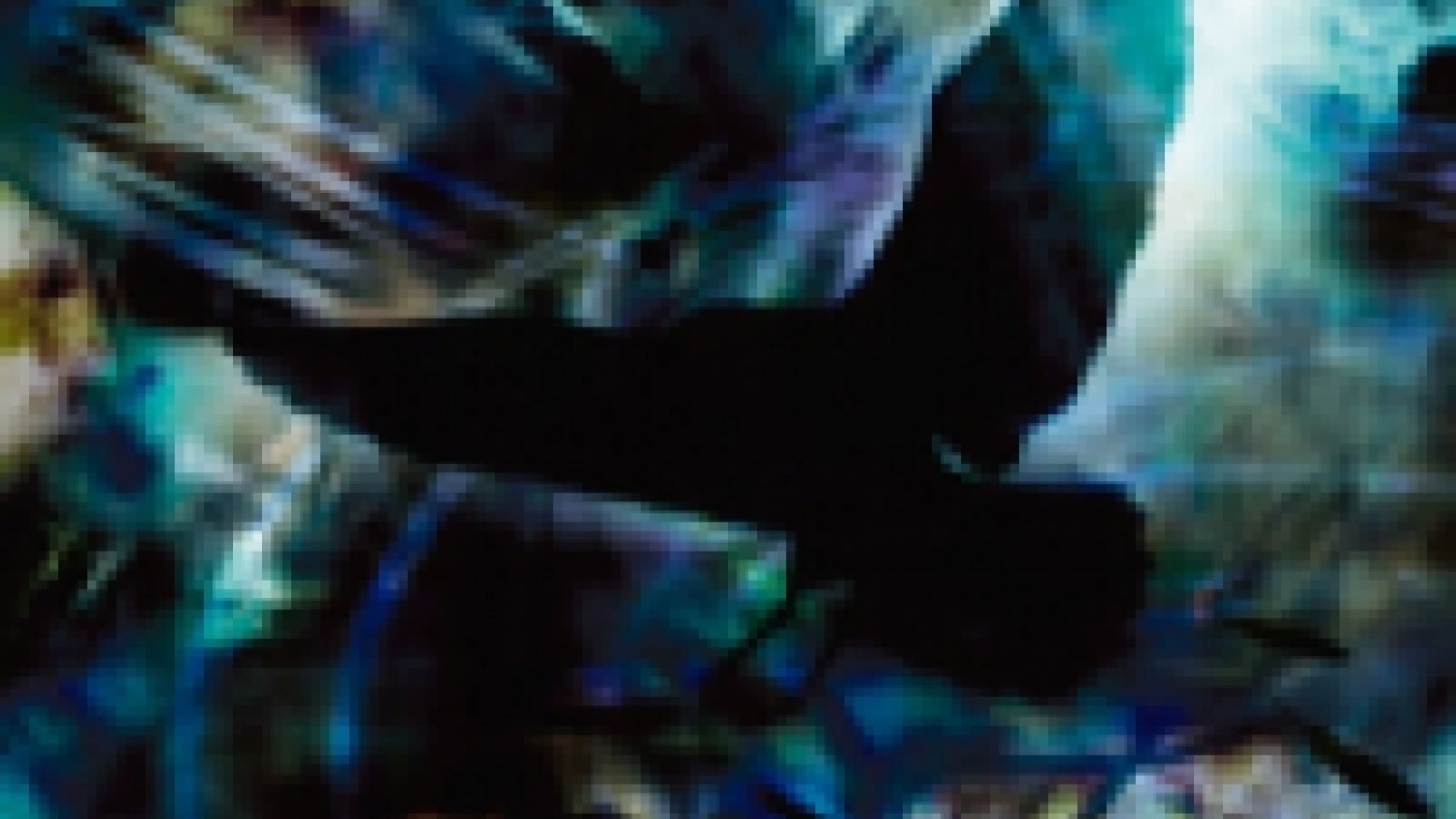
Review
DEATHGAZE produces a typical title track, but delivers a relentless B-side.

Live Report
A live report from the studs' Tour'08 "Sakura no Toge" Final in Ebisu LIQUIDROOM at the beginning of May.

Live Report
A report of the final concert of lynch.'s first oneman tour 'URGE to DROWN' at Ebisu LIQUIDROOM on April 25.
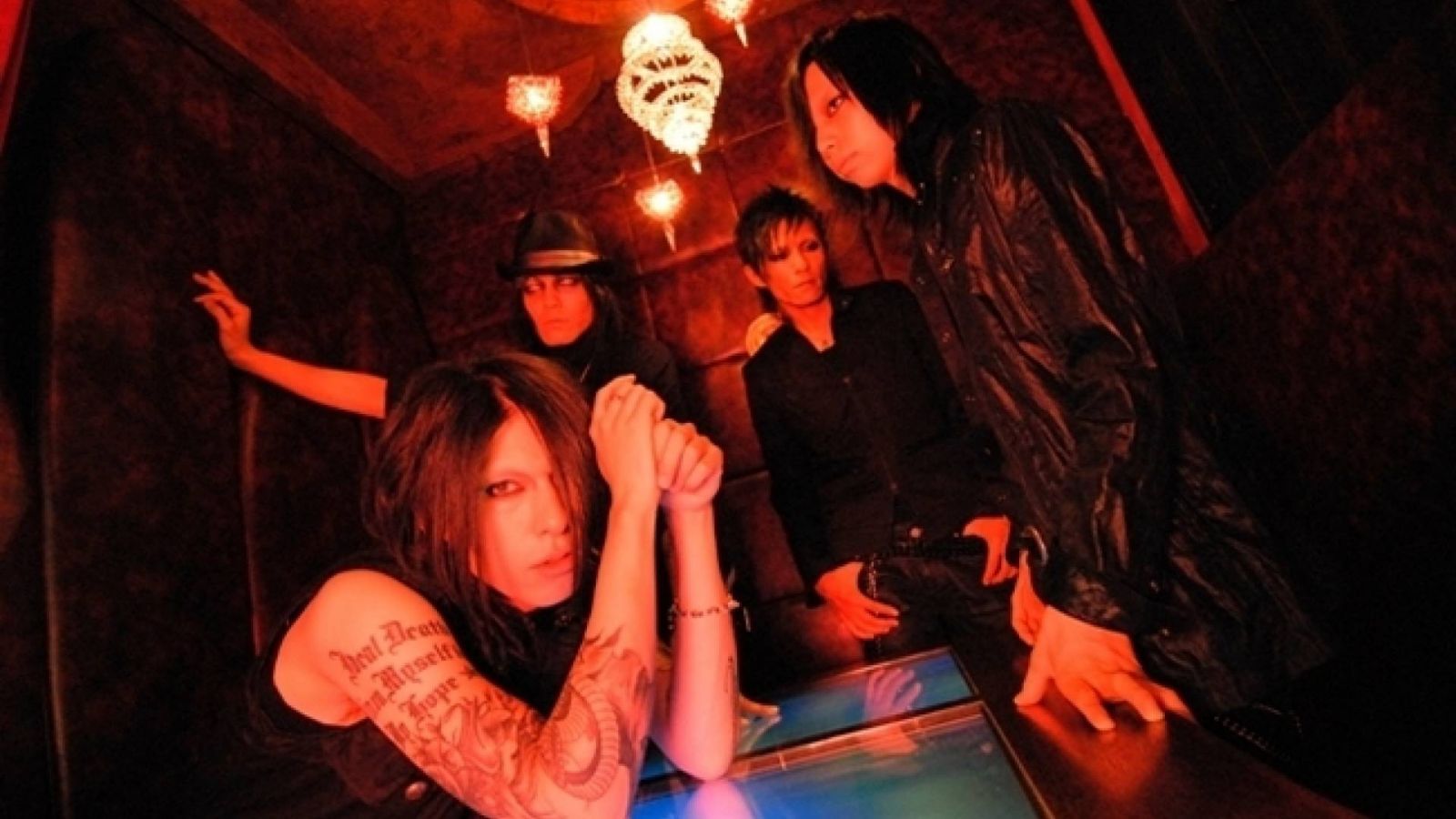
Interview
JaME had the chance to interview vocalist Hazuki and guitarist Reo of the powerful, high energy band lynch.
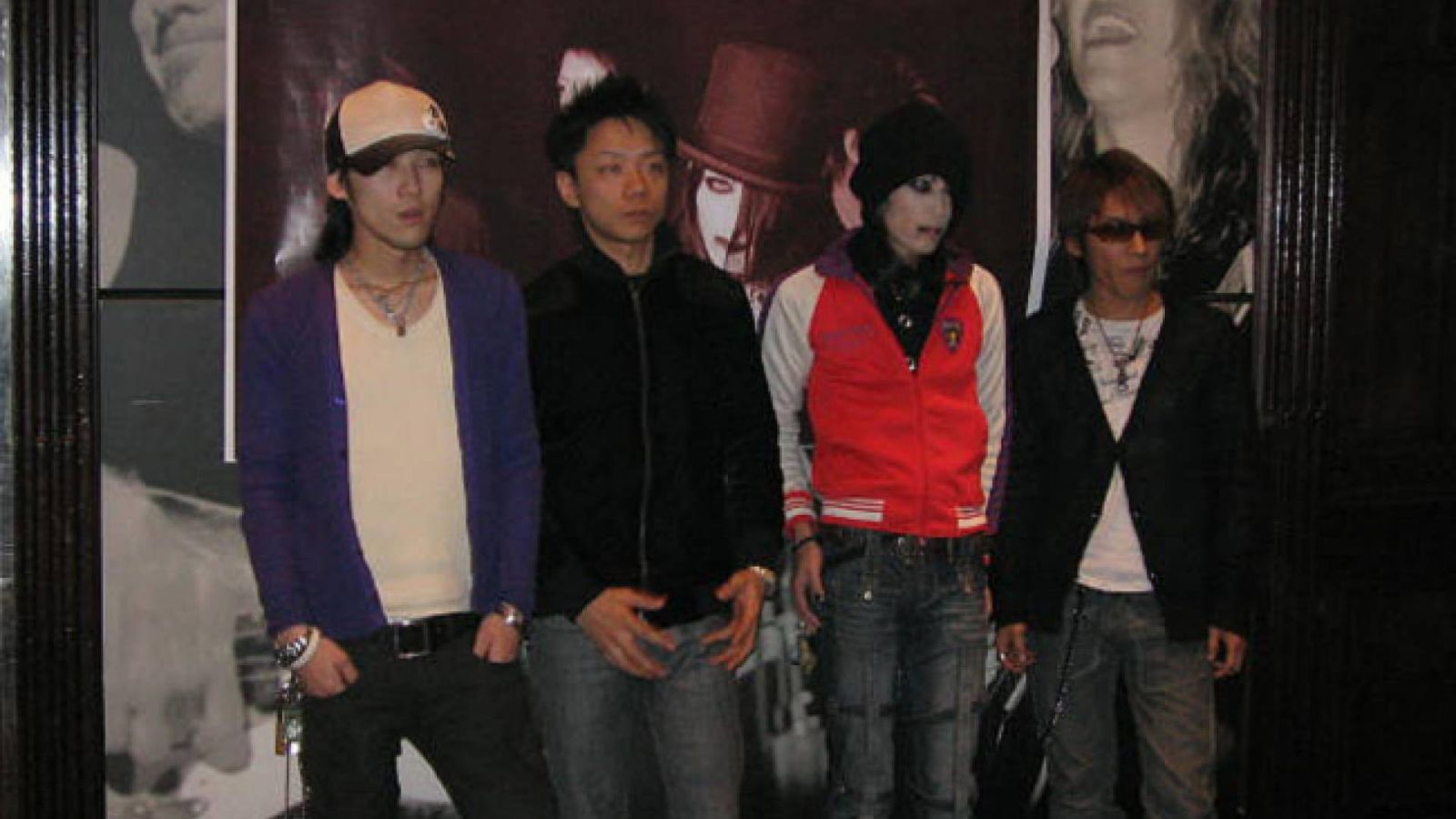
Interview
Press conference in Paris, January 2006, a day before their concert in France.